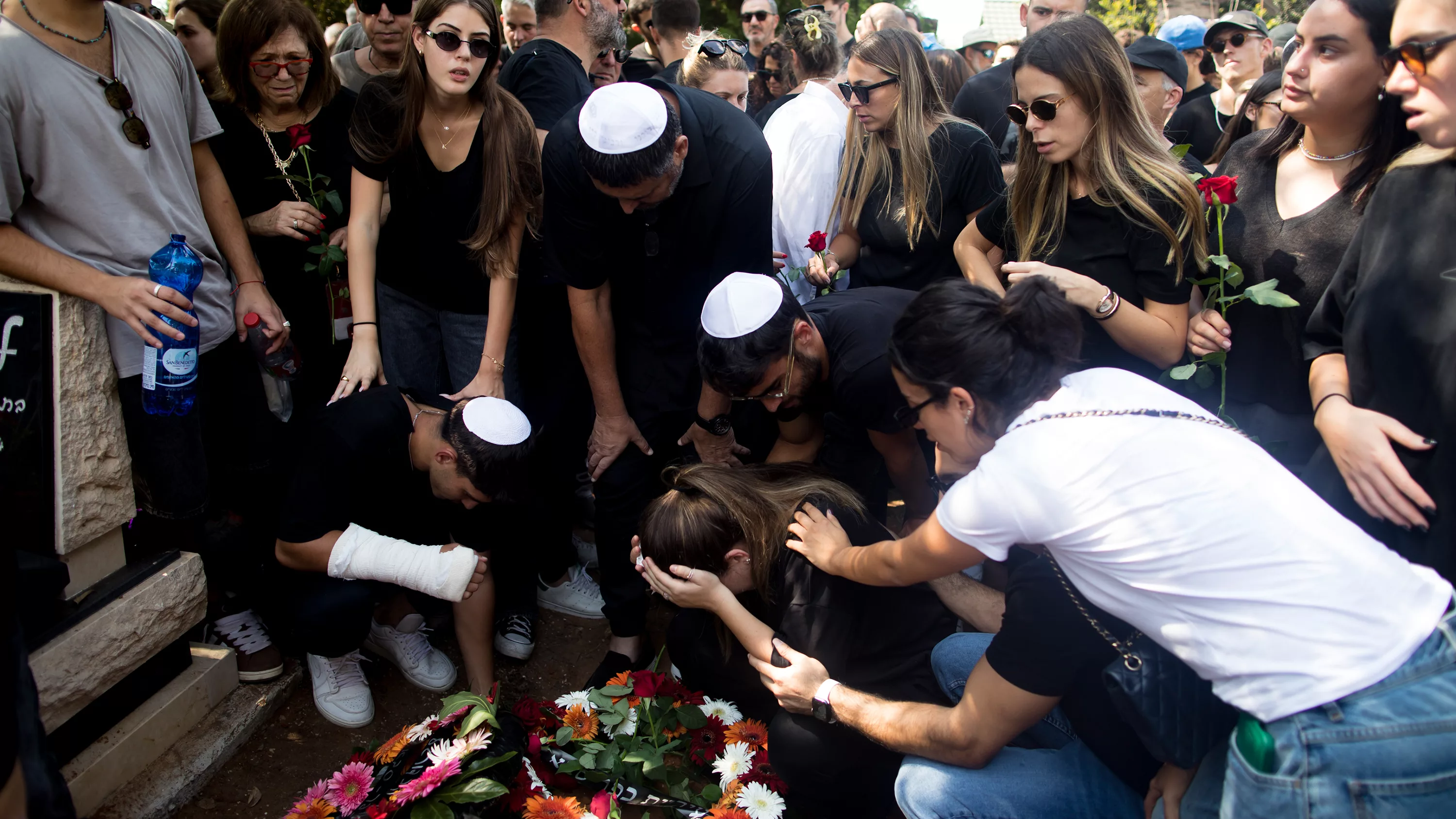
Israelis and Palestinians are equally beloved of God. But there’s no moral ambiguity about the genocidal evil of Hamas.
This piece was adapted from Russell Moore’s newsletter. Subscribe here.
Sometimes certain moments in history reveal in minutes what was concealed for decades. And sometimes those moments of revelation come with hearing oneself say the words, “Yes, but …” or “But what about …”
The aftermath of the Hamas terrorist attack on Israel is not one of those times. In this case, saying who is to blame—and who is not—is not factually or morally difficult at all.
“Bothsidesism” is an imprecise label, much like deconstruction or evangelicalism. There are several senses in which an appeal to “both sides” of the reality here are completely right. For one, both sides—all sides—are human beings created in the image of God. We ought to care about the lives and deaths of Israelis and of Palestinians in the West Bank, in Gaza, or anywhere else. An Israeli life is of no more value in the eyes of God than a Palestinian life, and vice versa.
“Both sides” also refers rightly to who is harmed by this atrocity, and the inevitable war to follow. Hamas is killing and destroying the futures of both Israelis and of Palestinians, as the inimitable Mona Charen wisely wrote. That’s one of the reasons we shouldn’t think of this as a war between Israel and “the Palestinians,” but, exactly as Israel defined it, a war on Hamas, in response to a vicious and unprecedented attack.
“Both sides” is also perfectly appropriate when it comes to working for and hoping for a better future for both Israelis and for Palestinians. That rules out the unthinking acceptance of anything the modern state of Israel does (God certainly didn’t …

